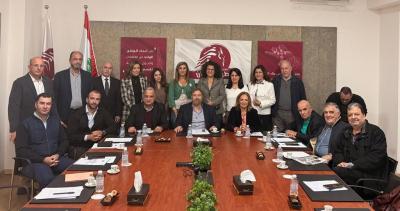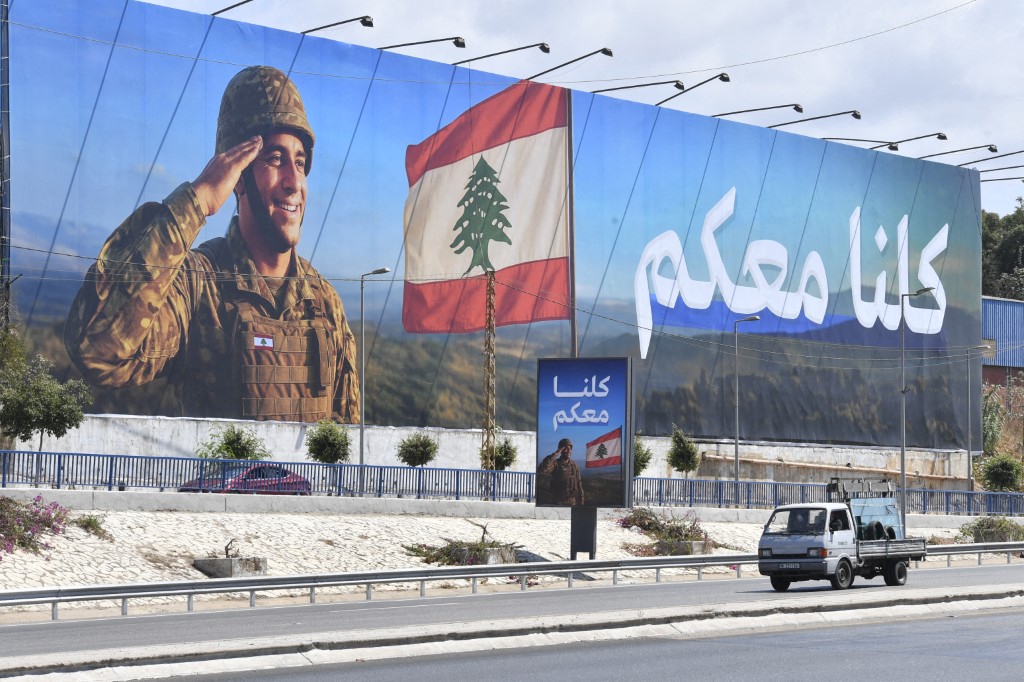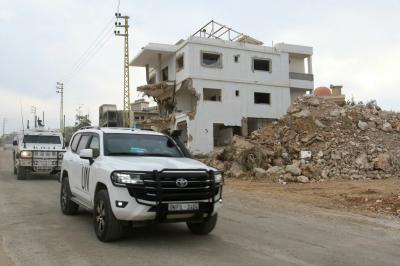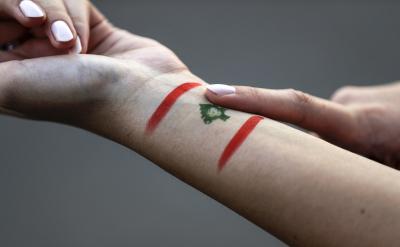During his recent speech marking the anniversary of Imam Moussa al-Sadr, Speaker Nabih Berri found himself cornered. On one side stood the government’s decision to enforce the monopoly of arms under state authority; on the other, "Hezbollah"’s categorical refusal to surrender its arsenal. With no way out of the impasse, Berri reached for the familiar banner of “dialogue” — a cover to justify the maintenance of "Hezbollah"’s weapons.
No one knows better than Berri the emptiness of this so-called dialogue. He has presided over it before: first in the summer of 2006, then again in 2012 at Baabda Palace under President Michel Sleiman. Between and after these attempts came bilateral and trilateral rounds of talks, most recently President Joseph Aoun’s seven-month engagement with "Hezbollah". All ended in failure — either because of the wars "Hezbollah" waged unilaterally, or its intransigent refusal to even discuss its weapons, not even under the guise of a “defense strategy.” Each time, "Hezbollah" signed documents only to dismiss them with the infamous: “Soak it in water and drink it.”
Against this backdrop, Berri’s new “dialogue initiative” stands in complete contradiction to the cabinet’s decision to confine arms to the state, and to the Lebanese-American paper born from weeks of serious negotiations between U.S. envoy Tom Barrack and the three-way leadership of Aoun, Berri, and Salam.
Though Berri himself contributed heavily to those discussions, he now hesitates to publicly endorse the outcome. The reason is sectarian: within Lebanon’s Shiite community, acknowledging such a decision risks stripping him of his status as "Hezbollah"’s “big brother” and, more dangerously, contradicting the Iranian line that guides the “duo” in its deepening isolation. To appease "Hezbollah" and Tehran, Berri went so far as to denounce the document as worse than the infamous “May 17 Agreement” with Israel — the very accord he once prided himself on toppling during the 1984 uprising. Ironically, that agreement was far less compromising than the 2022 maritime border deal with Israel, which Berri himself sponsored. His rejection today of the “Barrack paper” could well produce a scenario even more perilous, one that he may come to regret decades later just as he nostalgically reinterprets May 17.
The danger of Berri’s “dialogue” at this sensitive political moment lies in shifting the confrontation from Iranian-Israeli to Lebanese-Lebanese. "Hezbollah" has made that intention clear, threatening both the government and the army when it declared it would no longer “cooperate” with the military even in south of the Litani River. In doing so, it directly undercut the state’s claim that the army had assumed full responsibility in that zone — effectively handing Israel an excuse to argue that Lebanon has failed to honor its commitments under the November 26, 2024 cessation-of-hostilities agreement.
Whatever the intentions, this threat cannot be read as anything but an incitement — inviting Israeli pressure on the Lebanese state while turning "Hezbollah"’s gun inward, under the constant specter of “civil war.” It raises doubts about whether Berri’s “dialogue” is nothing more than a trap to secure the dominance of non-state weapons over Lebanese legitimacy.
History has shown the result: every so-called “national dialogue” from 2006 to 2012 and beyond has only reinforced "Hezbollah"’s supremacy. The “duo” appears to be gambling on the same outcome with this new round. But the last attempt at a “dialogue” — Berri’s push to break the presidential deadlock — collapsed, and there is little reason to believe this new call will fare better.
When advocates of dialogue ask, “What is the alternative?” the answer from the architects of the government’s “decision to confine arms” is clear: the decision was made to be executed, not diluted or frozen. Execution does not necessarily mean military clashes or bloodshed. Alternatives exist: containment, restrictions, and drying up of resources — measures to be determined by the army’s leadership and adopted by the cabinet.
Adding weight to the state’s resolve are two significant visits to Beirut in the coming days: a high-ranking U.S. military delegation accompanied by envoy Morgan Ortagus, and French presidential envoy Jean-Yves Le Drian, after his stop in Riyadh. Both visits carry a dual message of military and financial support for the government and the army, whether in logistics for their upcoming mission or through funding Paris is preparing to mobilize at two international conferences.
For this reason, the fate of Berri’s latest “rabbit” (dialogue) will be no different from his failed “presidential dialogue.” It is little more than dust in the wind, while the state quietly but steadily presses forward to implementing its sovereign decision — containing the dangers posed by those waving the flag of internal war.
The most dangerous move by the “duo” is to fuse dialogue with the threat of civil war, hurling the “fireball” into the army’s lap. By doing so, it strips dialogue of its humanistic value, reducing it to blackmail — a political ambush laid against the state’s bid to reclaim its authority.
Please post your comments on:
[email protected]
 Politics
Politics













